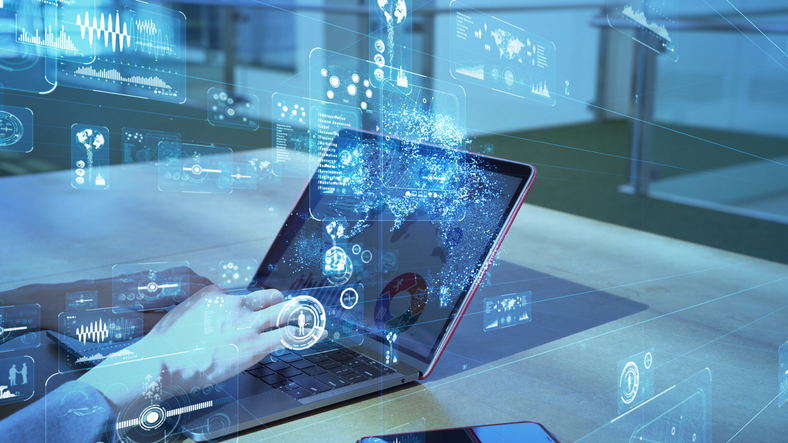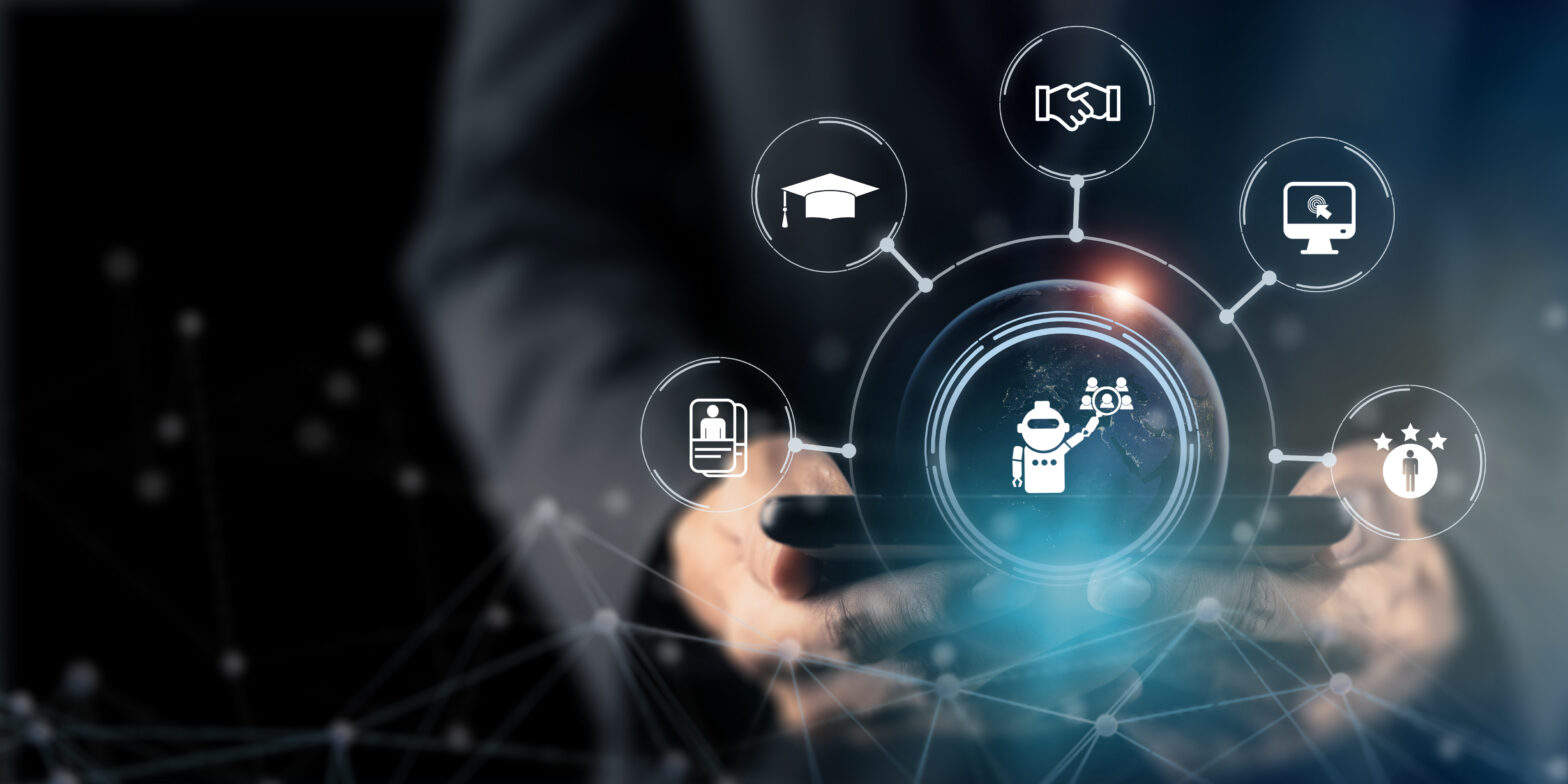As part of its ongoing partnership with ChatGPT developer OpenAI, Microsoft has released its Azure OpenAI Service, to allow businesses to innovate with new applications
With large language models emerging as a vessel for businesses to find new solutions to organisation-wide challenges, Microsoft customers will be able to leverage established AI models, including GPT-3.5, Codex, and DALL•E 2.
In addition, companies using the service will be able to access ChatGPT — a fine-tuned version of GPT-3.5 that is set to be implemented into Microsoft’s Bing search engine — in the near future.
These algorithms can be scaled to suit enterprise use cases, and are backed by Microsoft Azure infrastructure.
Availability is restricted to customers that meet and adhere to Microsoft’s Responsible AI standards and principles, with organisations bein required to apply for access describing their intended use case or application before they are provided access to the service.
“Azure OpenAI Service provides businesses and developers with high-performance AI models at production scale with industry-leading uptime,” said Eric Boyd, corporate vice-president, AI Platform at Microsoft in a blog post.
“This is the same production service that Microsoft uses to power its own products, including GitHub Copilot, an AI pair programmer that helps developers write better code; Power BI, which leverages GPT-3-powered natural language to automatically generate formulae and expressions; and the recently-announced Microsoft Designer, which helps creators build stunning content with natural language prompts.
“All of this innovation shares a common thread: Azure’s purpose-built, AI-optimised infrastructure.”
Early use cases
The AI-powered business service was initially made available to organisations on an invite-only basis in November 2021, with value being driven by companies ranging from start-ups like Moveworks to multinational corporations such as KPMG.
According to Vaibhav Nivargi, founder and CTO at AI company Moveworks, “we see Azure OpenAI Service as an important component of our machine learning architecture. It enables us to solve several novel use cases, such as identifying gaps in our customer’s internal knowledge bases and automatically drafting new knowledge articles based on those gaps.
“This saves IT and HR teams a significant amount of time and improves employee self-service. Azure OpenAI Service will also radically enhance our existing enterprise search capabilities and supercharge our analytics and data visualisation offerings.
“Given that so much of the modern enterprise relies on language to get work done, the possibilities are endless — and we look forward to continued collaboration and partnership with Azure OpenAI Service.”
Brett Weaver, partner, Tax ESG leader at KPMG, said of early trials of the service: “KPMG is using Azure OpenAI Service to help companies realise significant efficiencies in their Tax ESG (Environmental, Social, and Governance) initiatives.
“Companies are moving to make their total tax contributions publicly available. With much of these tax payments buried in IT systems outside of finance, massive data volumes, and incomplete data attributes, Azure OpenAI Service finds the data relationships to predict tax payments and tax type — making it much easier to validate accuracy and categorise payments by country and tax type.”
Microsoft began collaborating with OpenAI in July 2019 in the aim to accelerate AI innovations, with an exclusive licensing agreement for GPT-3 models being confirmed in September 2020.
Businesses can apply for access to Microsoft’s Azure OpenAI service, here.
Related:
Q&A: machine learning optimisation through speech recognition — John Hughes, accuracy team lead at AI speech recognition provider Speechmatics, spoke to Information Age about how the machine learning challenge of depicting numbers can be overcome to achieve optimisation.
Microsoft and UiPath partner to bring Azure automation solutions to market — Enterprise automation vendor UiPath announced a collaboration with Microsoft to launch Azure-powered automation solutions.







